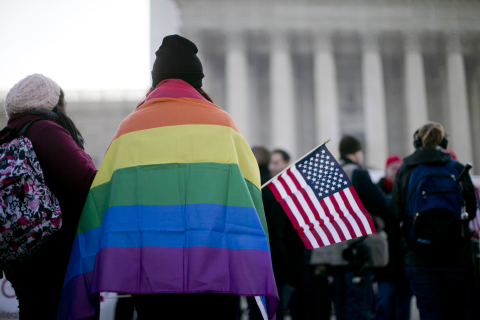Yesterday I noted that the explanation for why Texas bus driver Edwin Graning refused to transport a woman to Planned Parenthood keeps changing.
First he said that his wife called the facility and heard a message directing callers to call 911 in case of abortion complications and so he refused to go. Then he said that he called the facility and heard abortion listed among the services they provide, so he refused to go. Both of those claims turned out to be demonstrably false, as no such messages exist.
So that left Graning’s ACLJ attorney with no choice but to admit that his client really had no idea what reason this woman may have had for wanting to go to Planned Parenthood, but he assumed it was for an abortion, so he was justified in refusing to transport her.
And that seems to be where we stand today:
The American Center for Law and Justice (ACLJ) represents Edwin Graning, a former driver for the Capital Area Rural Transportation System (CARTS), which is a nine-county transit service that often provides transportation in rural areas surrounding Austin, Texas. Senior attorney Edward White tells OneNewsNow the driver was dispatched in January to transport two women to a Planned Parenthood clinic.
“He called up his supervisor and said, ‘You know, I’m an ordained minister…and Planned Parenthood does abortions. And I don’t know if this lady’s going there for an abortion. However, if she is, I want nothing to do with that,'” White accounts. “And so in effect, he was asking for his supervisor to just get one of the other CARTS drivers to pick up this woman.”
Graning’s own attorney admits that he had no idea why the woman was going to the facility, but he decided not to take her because she might be going to have an abortion. Of course, she might have been going to get a pregnancy test or abstinence education – the point is that Graning had no way of knowing, as his attorney freely admits.
Frankly, Graning has no way of knowing what any of his riders intend to do at their destinations.
Can he refuse to transport someone he thinks might be going off to have an affair? Could he deny service to someone he thinks might be going to a gay rights rally? Could he refuse to take someone to the airport because he thought they might be flying to Las Vegas to engage in gambling and prostitution? Where does it end?
Does the ACLJ really believe that Graning ought to be able to refuse service to anyone based entirely on his own speculation about the intentions of his riders?








